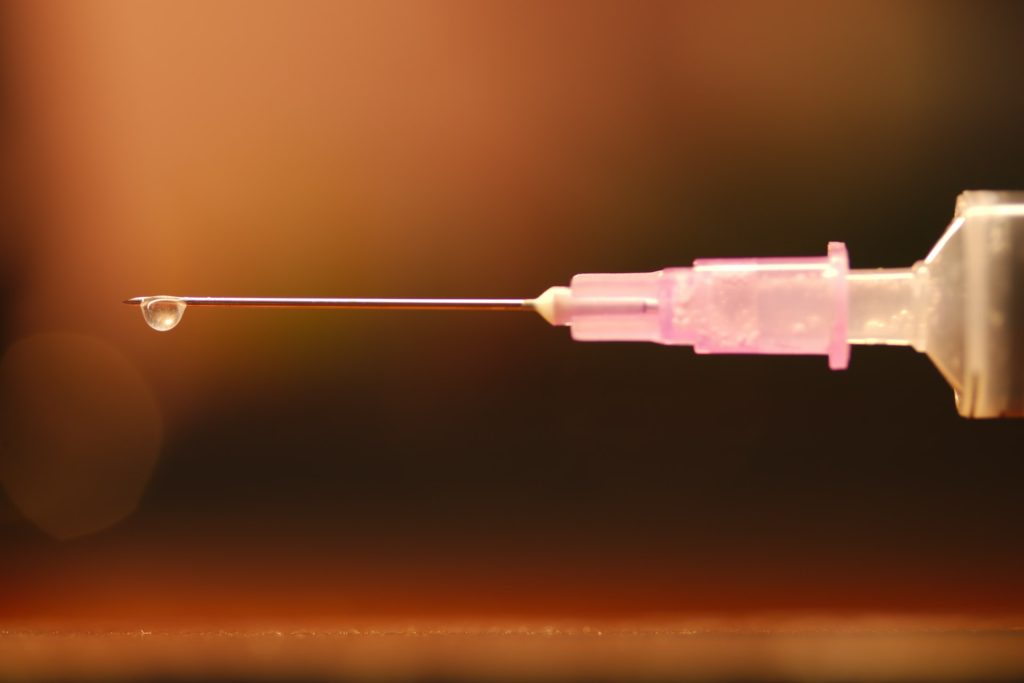
If infected with the Delta variant, virus levels in fully vaccinated adults are as high as unvaccinated people, according to a UK analysis. This adds to evidence indicating that achieving herd immunity is unlikely.
While COVID vaccination has been shown to protect against hospitalisation and death, recent data shows that fully vaccinated people, when infected, carry the same levels of virus as those unvaccinated.
How this affects transmission remains unclear, the researchers have cautioned. “We don’t yet know how much transmission can happen from people who get COVID after being vaccinated – for example, they may have high levels of virus for shorter periods of time,” said Sarah Walker, a professor of medical statistics and epidemiology at the University of Oxford.
“But the fact that they can have high levels of virus suggests that people who aren’t yet vaccinated may not be as protected from the Delta variant as we hoped.”
Recently in the UK, positive tests, hospitalisations and deaths linked to COVID have been rising slowly. In South Africa, the third wave has still not yet abated, with a slight uptick in test positivity rates as noted by Ridhwaan Suliman at the CSIR.
The study, awaiting peer review, found vaccine effectiveness fell against Delta compared to Alpha.
The analysis did not directly investigate whether the lower level of vaccine protection against Delta affected jabs’ ability to prevent severe disease, but low rates of hospitalisation shows it is conferring protection.
The study compared the results of swabs taken from more than 384,500 adults between December 2020 and mid-May 2021, against those from 358,983 adults between mid-May and 1 August 2021 (when Delta became dominant).
The UK findings on peak virus levels after Delta infections in vaccinated people echoed data from a small study cited by the US Centers for Disease Control and Prevention (CDC) last month which prompted the agency to recommend continued mask wearing.
These datasets highlight that vaccinated individuals could still transmit COVID, and testing and self-isolation are still important to cut transmission, said Dr Koen Pouwels, a senior Oxford University researcher. This potential for transmission makes achieving herd immunity even more challenging, he suggested.
It had been hoped the vaccinated would protect the unvaccinated, added Prof Walker. “I suspect that, partly, the higher levels of virus that we’re seeing in these [Delta] infections in vaccinated people are consistent with the fact that unvaccinated people are just going to be at higher risk.”
Compared with AstraZeneca, two doses of the Pfizer vaccine has about 15% greater initial effectiveness against new infections, but its protection declines faster compared with two doses of AstraZeneca. Four to five months after being fully vaccinated, the vaccines’ effectiveness is the same, said Prof Walker.
“Even with these slight declines in protection against all infections and infections with high viral burden, it’s important to note that overall effectiveness is still very high because we were starting at such a high level of protection,” added Dr Pouwels.
Source: The Guardian

